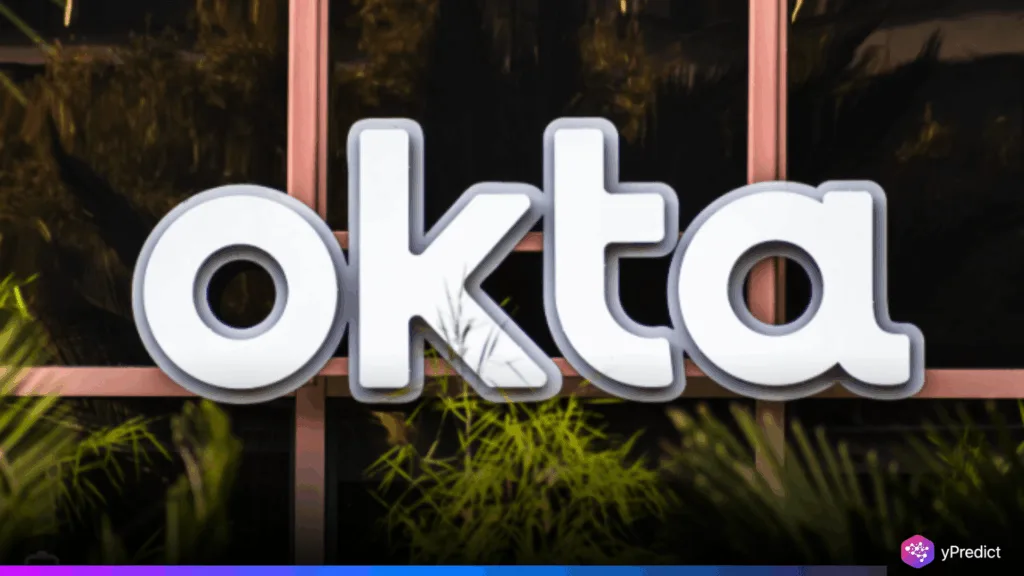
Okta has introduced Cross-App Access, a protocol that improves AI security by controlling how AI agents interact with enterprise systems. By extending OAuth, the protocol gives IT teams more control and centralized identity management. It gets more difficult to keep an eye on traditional app-to-app access as AI agents become more independent.
Additionally, Cross App Access addresses this by guaranteeing that AI-powered interactions are safe and adhere to regulations. Arnab Bose, Okta’s Chief Product Officer, emphasized the importance of standardizing agent access. He said it helps protect sensitive data and improve operational oversight. Furthermore, in Q3 of 2025, a limited number of Okta Platform users will have access to the feature.
How Is AI Security Evolving in Enterprises?
Blind spots in security workflows are now more likely due to the quick expansion of AI tools in businesses. These tools often use protocols like A2A and MCP to link with apps like Slack or Google Drive. Usually, each integration requires unique user consents and logins, which IT teams hardly ever see. Furthermore, vulnerabilities are revealed and complexity is increased by this disjointed process.
As users connect AI agents without unified controls, managing AI security becomes more difficult. Ad hoc permissions, long-lived tokens, and manual processes predominate, which reduces overall security. Additionally, cross-app access seeks to reduce potential breaches and access misuse by centralizing the access pipeline. Additionally, it will facilitate the simplification of app management.
AI Tools Gain Smarter Identity Control Systems
The Okta protocol modifies how access to linked systems is given to AI tools. Currently, requests are sent to Okta for policy evaluation rather than being approved by users. An access token is issued and logged upon approval, providing complete visibility to IT teams. Additionally, this makes improved identity management possible and lowers the risk of token sprawl.
Typically, Cross-App Access is used to assess an AI agent’s request for access to a communication app. Individual user sign-ins are no longer necessary for the AI tool to function. Furthermore, IT can monitor all agent activities to ensure compliance with company policies.
The structure is made more secure by moving from dispersed approvals to centralized identity management. Additionally, it makes the adoption of AI tools easier by eliminating the need for users to repeatedly complete consent screens. The use of AI by businesses can now be expanded without raising operational risk.
What’s Next for AI Security in Integration?
Software vendors continue to place a high premium on creating safe cross-app experiences. With the help of Okta’s protocol, ISVs can take charge of unified policy enforcement rather than manual integrations. As a result, AI tools will be adopted more easily across client ecosystems.
Due to their inherent risks, traditional access methods like shared tokens are becoming less popular. Okta’s centralized method brings better governance and easier compliance with evolving data regulations. As enterprise systems evolve, secure-by-design becomes a must-have.
Okta intends to collaborate closely with the MCP and A2A communities in the future. The objective is to enhance agent compatibility and establish AI security as a common platform standard. Therefore, the protocol may become the new standard for secure app interactions with ecosystem-wide cooperation.
Bottom Line
Cross-app access is a crucial step in bolstering AI security throughout business systems. It increases transparency, lowers risk, and greatly increases the effectiveness of managing AI tools. Now, both companies and vendors can more effectively strike a balance between innovation and security. Additionally, it streamlines the user experience by doing away with needless authorizations. IT teams are able to enforce uniform security policies and obtain real-time visibility.






